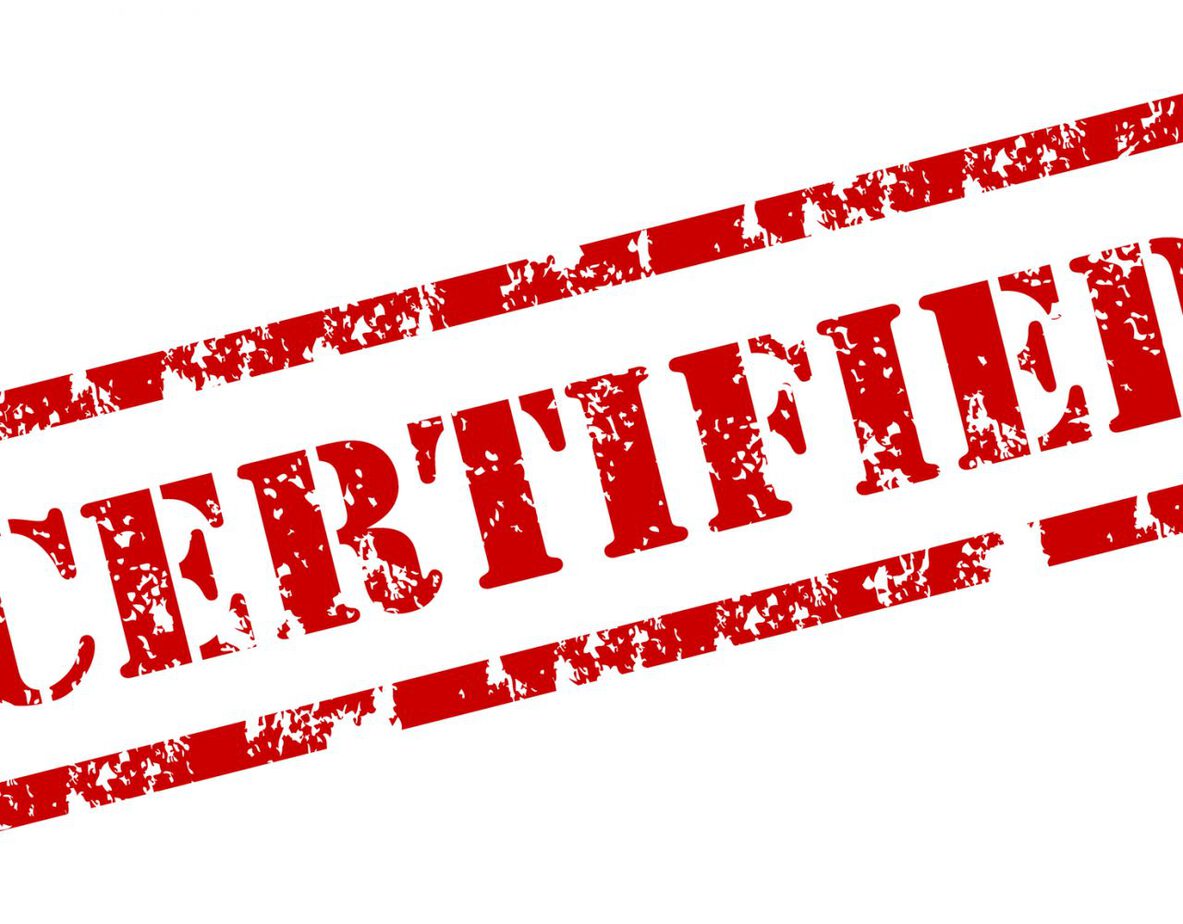Need a Thriving Business? Deal with Catalogue Of Federal Domestic Assi…
페이지 정보
작성자 Lonna 댓글 0건 조회 133회 작성일 24-06-06 13:12본문
 Introduction:
Introduction:Excess capacity refers to the situation where the productive capacity of a firm or an industry exceeds the level of demand for its goods or services. It is a crucial concept in economics and has significant implications for businesses, industries, and overall economic growth. This study aims to provide a comprehensive analysis of excess capacity, its causes, impact, and possible solutions.
Defining Excess Capacity:
Excess capacity occurs when a firm's production capabilities exceed the demand for their products or services. If you enjoyed this short article and you would like to obtain even more info regarding Treaty Reinsurance Definition kindly check out our own website. This situation typically arises due to various factors such as changes in consumer preferences, economic downturns, technological advancements, or inefficient production processes. Excess capacity can be observed at the firm level or across an entire industry, leading to a decline in profitability and underutilization of resources.
 Causes of Excess Capacity:
Causes of Excess Capacity:There are several factors that contribute to the emergence of excess capacity. Firstly, fluctuations in consumer demand, either due to changing preferences or economic downturns, can quickly render a firm's productive capabilities excessive. Secondly, advancements in technology may lead to increased efficiencies, allowing firms to produce more output with the same level of resources. However, if the demand does not keep pace with the increased productivity, excess capacity can result. Finally, inefficiencies in production processes, such as poor planning, overinvestment, or inadequate utilization of resources, can also lead to excess capacity.
Impact of Excess Capacity:
Excess capacity has numerous negative effects on firms, industries, and the wider economy. At the firm level, it often leads to reduced profitability, as fixed costs are spread over a smaller volume of output. This, in turn, can hinder firms' ability to invest in innovation and expansion. Excess capacity within an industry can result in intensified competition, leading to price wars and reduced profit margins for all players. Moreover, excess capacity is associated with lower employment levels, as firms may be forced to lay off workers to cut costs. Overall, excess capacity can slow down economic growth and hinder productivity gains.
Solutions and Mitigation Strategies:
Addressing excess capacity requires a multi-faceted approach. Firstly, firms must closely monitor and anticipate changes in consumer demand to align their production capabilities accordingly. Flexibility and adaptability are crucial to prevent excessive capacity build-up. Secondly, investing in research and development, innovation, and diversification can help firms stay competitive and utilize excess capacity effectively. Additionally, collaboration among firms within an industry can lead to better capacity coordination, thereby avoiding the detrimental effects of excessive competition. Governments can also play a role in mitigating excess capacity by providing assistance, incentives, or policy interventions to promote industry restructuring or retraining of affected workers.
Conclusion:
Excess capacity is a significant economic phenomenon that can have far-reaching consequences for firms, industries, and economies. Understanding its causes, impacts, and potential solutions is crucial for businesses and policymakers. By managing capacity effectively, firms can ensure resource utilization, maintain profitability, and contribute to sustainable economic growth.
댓글목록
등록된 댓글이 없습니다.